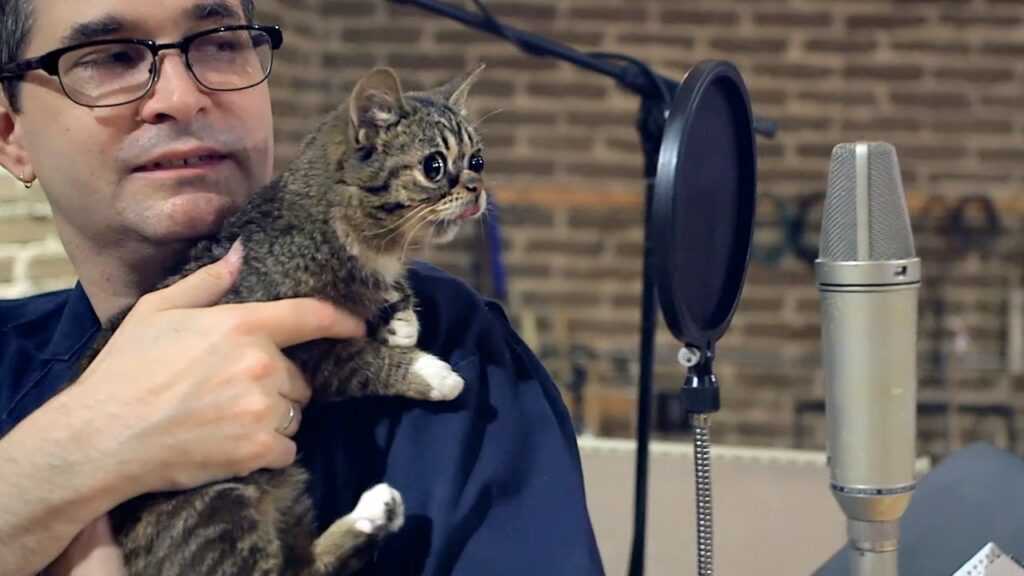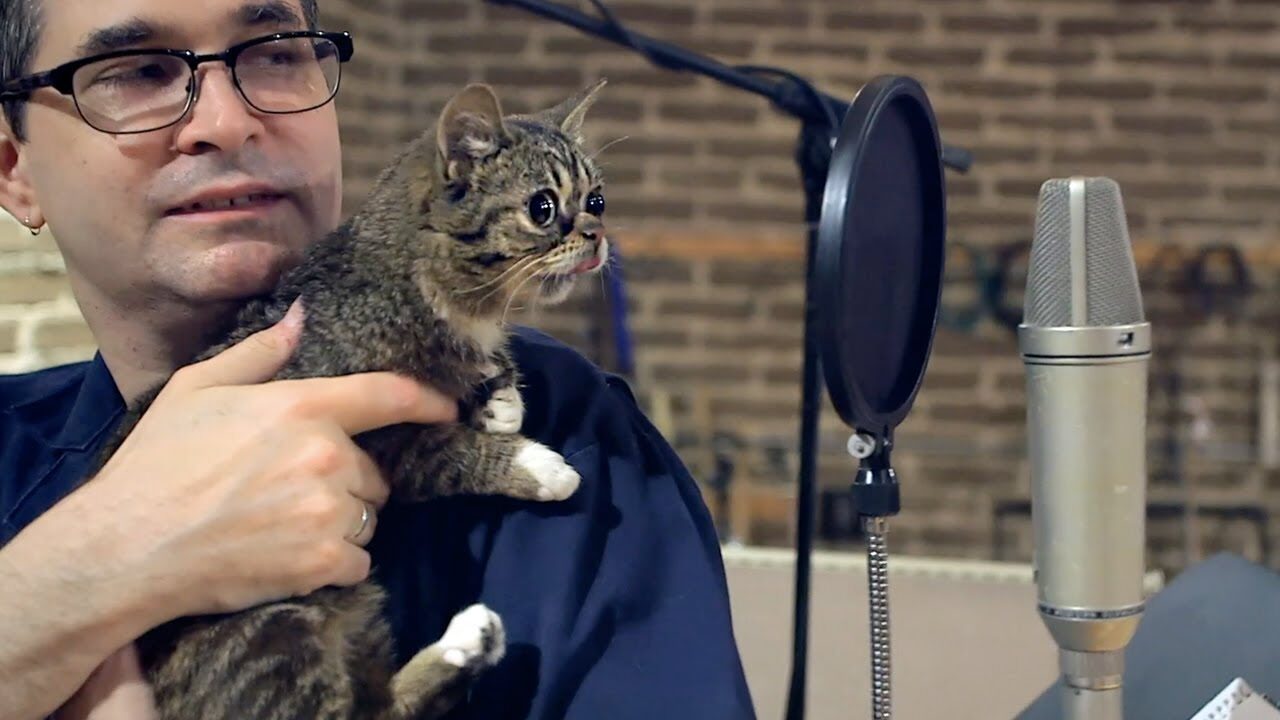There have been numerous tributes in the wake of legendary producer and engineer Steve Albini’s death last week, at the age of 61. Some exhaustively trace his history in iconic Chicago bands like Big Black and Shellac — or his unique production work for bands like Nirvana (“In Utero”), the Breeders, PJ Harvey, Bush, and scores of others. Most detail his notoriously acerbic candor, often about bands he’d recorded. (Steve on the Pixies: “Never have I seen four cows more anxious to be led around by their nose rings.”) And most mention “The Problem with Music,” his oft-quoted 1993 Baffler screed — still spot-on roughly 30 years later — that likens signing with a major record label to swimming backwards through a trench filled with runny shit. (It gets less complimentary from there.)

Steve did not suffer fools. Ever. But over the years, his outsized “fuck off” energy transformed into something else. A kinder, gentler Steve? Well, yes. If you read through the memories on Instagram, often posted with photos of Steve in the studio and wearing his trademark utility jumpsuit with the Electrical Audio “ea” logo on the back — well, those unfailingly mention his kindness, his devotion to his wife, Heather, and his absolute dedication to making the best records possible. For Steve, helping a band recreate the world of sound they heard in their heads was his job, and he always came through for them.
For Steve, helping a band recreate the world of sound they heard in their heads was his job, and he always came through for them.
Verity Susman recorded two Electrelane records with Steve in the early 2000s. “Even though we were young I never felt intimidated or patronized by him: he liked to work, he could see that I did too, and that’s the way we connected,” she wrote on Instagram. “I’ve read some things in the last few days about his public persona and just can’t relate to that guy I knew in the studio who did not take himself too seriously and was warm, genuine, humble and a total pro. What he did take seriously was the job of recording the musicians in the room.”
Community was important to Steve. Although he traveled the world and had a global peer group, he spent the bulk of his career in Chicago, his adopted hometown. (He graduated from Northwestern with a degree in journalism.) He worked hard and he expected bands to do the same. And despite his caustic public persona, there was no sign of it once he was on the clock. Jay Ryan of Diagonah called Steve’s recording studio manner “light, fun, technically precise, and focused on the task at hand.”
Music isn’t created out of thin air and Steve readily shared his expertise — the role of mentor came easily to him.
When James Murphy (later of DFA and LCD Soundsystem) wrote to Steve for advice on setting up a studio, Steve responded with detailed schematics. For James, it was a life-changing kindness that helped jumpstart his own production career.
Mike Bridavasky was only 22 when he interned at Electrical Audio; a year later, he set up his own studio, Russian Recording, that he still runs today.
As he wrote on Instagram, “It was because of Steve that I chose to design, build and obsessively improve the current version of the studio totally DIY with just me and my close buddies. It was Steve’s unfathomable microphone collections that further ignited my obsession with Russian mics. But most importantly, from Steve I learned the importance of doing things the right way for the right reasons, doing them with intention and integrity. I’ve done my best to apply that ethos to all of my work, creative endeavors, and relationships ever since.”
From Steve I learned the importance of doing things the right way for the right reasons, doing them with intention and integrity.
MIKE BRIDAVASKY (RUSSIAN RECORDING)
You might also know Bridavasky in his role as “Lil Bub’s dude.” Steve Albini was also a famous cat person, and numerous records bear a dedication to Fluss, the longtime studio cat at Electrical Audio. (There have been other studio cats since, but only Fluss was immortalized in a Chicago Reader print ad for outliving “racist buttweevil” Strom Thurmond.) Steve loved Lil Bub, too, and it’s somewhat heartening to think of the two of them exploring the far reaches of space together. (I definitely choked up when watching this video.)
Take 5 x Albini
5 personal favorites of mine from Steve’s extensive production resume. There are too many amazing records to discuss, but these are all in constant rotation.
Electrelane, “The Valleys” (too pure, 2003)
Steve’s production is often characterized as austere, pared back. Not so this Electrelane track, which adapts portions of Siegfried Sassoon’s “A Letter Home” — a somber portrait of a landscape blasted by war — into a rolling, jubilant hymn, complete with a 24-piece choral arrangement. It was the first time Steve had recorded a choir. Verity Susman recalled, “I have fond memories of Steve in his element trying to figure out how to record them and enjoying the new challenge (which he pulled off with aplomb, of course).”
Ut, “Safe Burning” (Mute, 1989)
Beginning with an ending — “And she walked away/Without making a sound/And the doors she opened on her way/Would never close until the day she went away” — this barn-storming opener of Ut’s final studio album is also one of their most moving songs. The choral interplay, percussive guitar and a vocal crescendo of yips, yowls and growls make this a thesis statement for the band, who built a quiet career on such beautifully-calibrated harmonic chaos. “You’ve gotta save yourself/For the battle that counts.”
PJ Harvey, “Rid of Me” (Island, 1993)
In the Guardian this week, PJ Harvey wrote about the experience of recording with Steve at Pachyderm Studios, where he spent a long time listening to the room. That intuitive quality, yoked to Steve’s acuity and technical expertise, made him “an alchemist,” in Harvey’s words. It’s impossible to pick one song off this record, but “Rid of Me” breaks the fourth wall and practically throttles you from the jump.
The Breeders, “Glorious” (4AD, 1990)
Albini knows when to get out of the way, and he knows how to capture confidence in a live performance. He’s recorded Kim Deal a lot over the years, and you can tell he just loves her voice. “Glorious” is one of my favorite vocal performances on “Pod,” a perfect debut album if there ever was one.
Big Black, “Rema Rema”
Big Black twists Rema Rema’s obscure theme song into a corrosive playground chant — “Rema Rema, Rema Rema, ha, ha, ha, ha.” It’s short, brutal and memorable.

